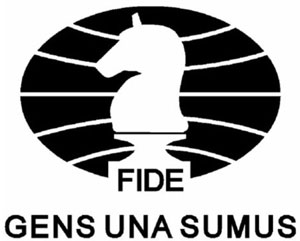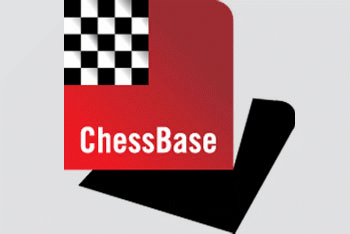Projects
2021
—

“CUPS” – chess unites and promotes skills
Most of the Mitropa federations participated 2021 together with other partners in the Eurasmus+ project “CUPS”. The aim was to get funds for a common school, where teachers are tought chess together with their pubils. Finaly the application was not successful, but the work done might be used in other projects.
Here is the project summary:
Chess occupies a special place among all cultural activities because of its complexity and dynamics at the intersection of culture, science, sport and play. It has been played worldwide for more than a millennium and has always generated an enormous echo in society, art and culture, far beyond any other game.
Nowadays chess is often used as an educational tool because it teaches many core skills and is suitable for integration and overcoming social barriers. Chess also supports people with disabilities. The project partner Chess Academy Munich already has first experiences with chess training for disabled people.
Chess is also a world sport. The World Chess Federation (FIDE) has 190 member countries, making it one of the largest sports federations in the world. The match for the world championship always attracts a lot of attention in all the media. The Chess Olympiad, held every two years, is one of the largest sporting events for teams.
During the pandemic, chess experienced a boom. The successful Netflix series Queen’s Gambit led to a sell-out of chess sets and people could play at home or online on many existing chess platforms. Chess is well digitised. This benefited chess during the pandemic, when competitions and trainings could be well organised online and hybrid. World Champion Magnus Carlsen himself has successfully initiated the Online Champions Chess Tour. By the way, our project partner ChessBase started the digitalisation in chess 30 years ago with the development of a database to collect chess games.
The European Union promotes the introduction of the “Chess at School” programme in the education systems of the Member States, as chess is an easily accessible game for children from all social backgrounds. It supports social cohesion, social inclusion, the fight against discrimination, the reduction of crime rates and even the fight against various addictions. Regardless of the age of the children, it can provide better concentration skills, more patience and stamina, more sense of creativity, better intuition, better memory, better analytical skills and better decision-making skills. In addition, children and young people can learn determination, motivation and fairness through the game.
Every child regardless of its socio-cultural and other background shall have the same chance to get easily access to the chess game. Chess includes everybody, it is sports and brain-game, fun, culture and arts all at the same time, open especially to people with whatever kind of disadvantage. Many scientific studies also indicate that chess is a positive catalyst for children and young people, regardless of their social, societal and cultural background, for personality development and as a support and educational tool. Chess also has a high integrative effect. It knows neither linguistic nor cultural boundaries and imparts social skills such as tolerance, respect and willingness to engage in dialogue. The proposed project is therefore dedicated to the social, societal, cultural and educational aspects of chess.
The focus is the qualitative and quantitative expansion of chess instruction at all school levels. In all partner countries a great variety of approaches, methods and material does already exist. Whilst most of them go into similar directions regarding their goals and methods, some of them are considered extraordinary and remarkable from all partners perspective. In the centre of attention is the German example from the “Model Bremen”, deploying methods where teachers and children learn together to play chess as a regular weekly class event, to be maintained after the first level of basically learning how to play chess. The “Model Bremen” is both, the remarkable innovation and proof of concept on which this proposal is building, also because the leading partner from there is also project partner here in this ERASMUS PLUS Proposal.
The positive effects are shown particularly in schools with more social tension. Being aware that it takes many conditions to be fulfilled in order to repeat such a success, the project is aiming for a common ground within the countries of this consortium in terms of strategies, methods and material, from where add-ons shall be provided in order to enable all partners a band of possible approaches to reach their best practise each. The pilot projects within each country will still be comparable with each other and will cross-European transfer knowledge and empowerment particularly for the weakest in society.


